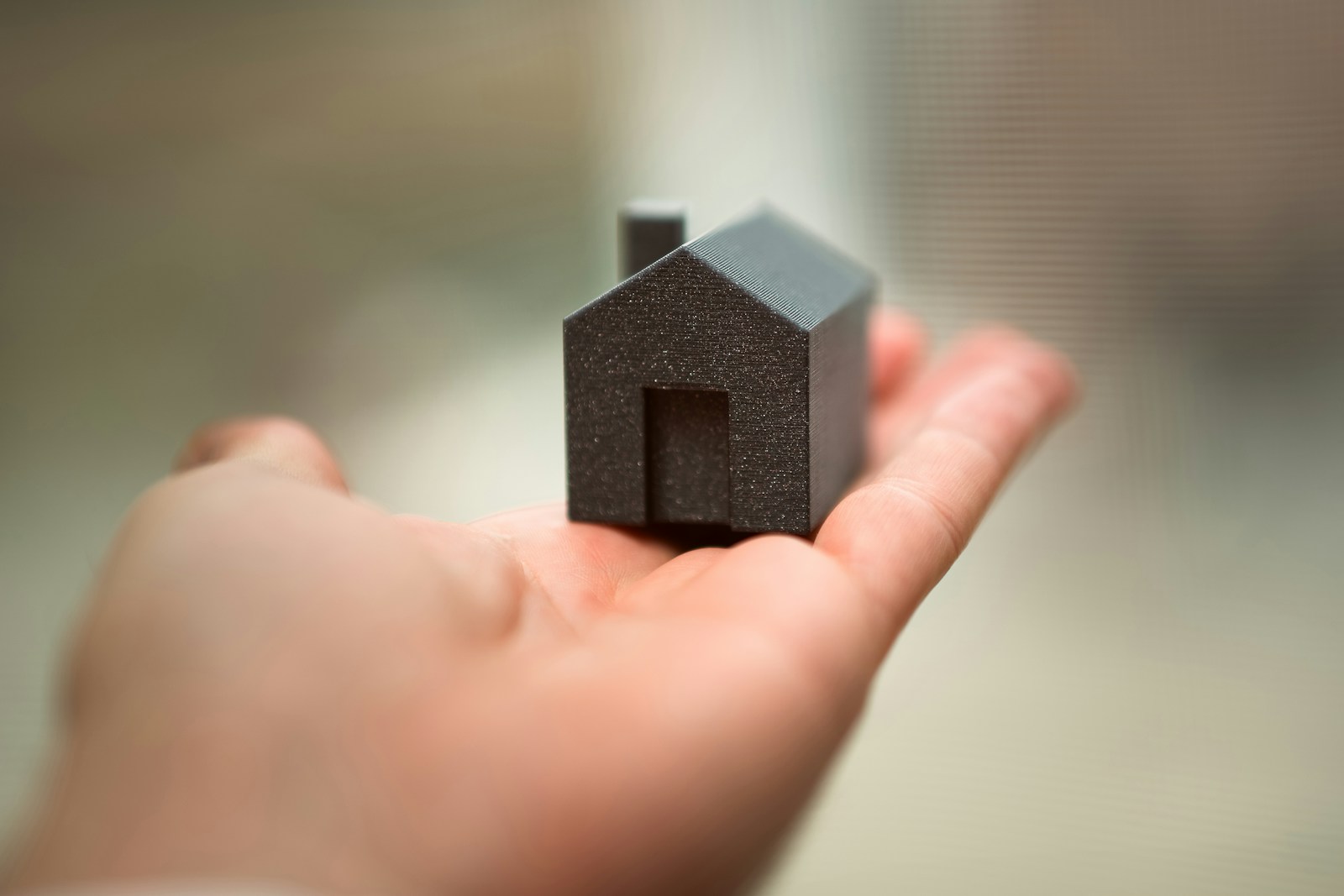Lately, I have seen Florida homeowner’s insurance requiring an inspection report…sigh. We’re all struggling with the astronomical rise in costs over the last few years, and there is more to come I’m sure. Something I’ve noticed lately is insurance companies requiring 4-point inspections and wind mitigation reports. What are these and how can they help you with insurance costs?
4-Point Inspection Report
This inspection includes the four big systems in your house: roof, plumbing, electrical, and HVAC (air conditioning). It’s basically a snapshot of the condition of these systems. An inspector will examine these systems in detail. Is there damage to the roof, or evidence of leaks, what is the condition of the materials? Is the electrical panel outdated, could it pose a fire hazard, do the electrical switches and outlets work? Are there plumbing leaks or corrosion? What is the age and condition of the water heater? What is the functionality of the HVAC system and how many years of life does it still have? The report is divided up into sections covering the four systems and will include pictures. The cost runs between $125 to $200 dollars. Insurance companies require homes over 30 years old to get 4-point inspections. They typically are good for one year, but your insurer may not require you to get one every year.
Wind Mitigation Report
This report assesses the home’s ability to withstand a severe storm like a hurricane. The inspector will include in his report the roof shape and materials, roof-to-wall connections, roof decking attachment, secondary water barrier (if any), and the type of construction of the exterior walls. This report is usually only a few pages long including pictures. The cost for a wind mitigation report is $75 to $150. The report is good for five years. Each insurance company has its own rules about how often they need to be done.
The Cost-Benefit of Inspection Reports
As homeowners, it’s a hassle for us to arrange for an inspector and have this extra expense as well. The insurance company is trying to make an intelligent risk assessment based on the condition of the home and the chances of claims. Insurance requiring an inspection report helps the insurer to better price the policy. Generally, the older your home, the higher your homeowner’s premium will be.
Despite how maddening homeowner’s insurance is these days, I try to view these reports as a doctor coming to make an old-fashioned house call. The upside is the reports give us health information about our homes that we might not have otherwise had. And after upgrading a critical system, a homeowner can get a new report and hopefully lower the insurance premium.

